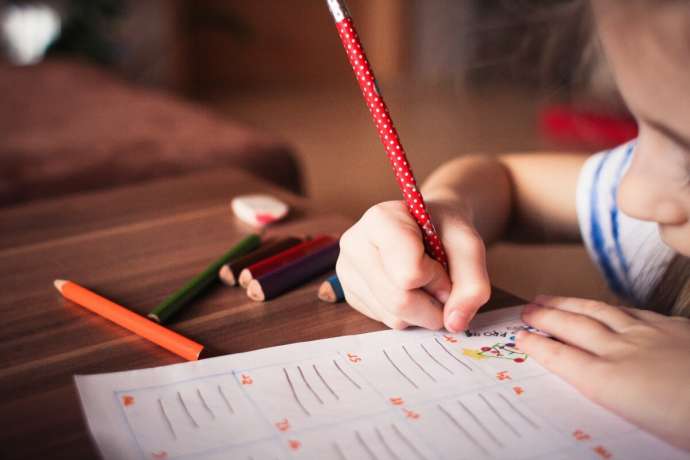STA, 29 January 2020 - The number of students with special needs in primary and secondary schools in Slovenia has been rising in recent years. Almost 7% of primary school students and even more secondary school students have been formally recognised as having a disability that qualifies them for special treatment. Opinions on the reasons why this is so vary.
Data from the Education Ministry show that in the 2015/2016 school year, 5.91% of primary school students had an eligibility decision guaranteeing special treatment based on their disability; in this school year the share rose to 6.97%, which means 13,075 students.
A similar trend can been seen with secondary school students, where the ministry has been keeping records since 2010/2011. In the last decade, the share of special needs students almost doubled from 3.36% to 7.27% (5,331 students).
By far the largest share of eligibility decisions issued by the Education Institute, are for learning disabilities. For primary school students this share is at 40% and for secondary school students at over 50%.
These statistics have prompted the Education Ministry to open a debate on whether any changes are needed in the current system.
There have been questions as to whether there are indeed more children with special needs, or whether society has only become more sensitive to disabilities.
The head of the department for children with special needs at the Education Institute, Natalija Vovk Ornik, believes the answer is a little bit of both.
She thinks the reasons for the higher share of children with special needs could be medical progress, larger cohorts, the impact of the environment, or a number of other factors.
"One of the reasons is definitely that the diagnostic standards for recognising certain disabilities have changed, and the awareness of both experts and the public about disabilities in general has increased," she said.
She thinks the system is not being abused very often. But there are various types of "pressure" coming from parents as well as daycare centres and schools for a child to receive the eligibility decision and thus additional assistance, she said.
Janja Čolić, a teacher at the Janko Kersnik Brdo primary school, agrees. "Indeed, we are better at recognising children with special needs today. But on the other hand, it also happens that parents and teachers immediately think of additional assistance when a child is not performing well, rather than analysing potential causes in more detail.
"All too often parents are the initiators of additional assistance when they are not happy with their child's grades, as Cs and Ds are no longer acceptable grades in primary school," she said.
Meanwhile, an association bringing together representatives of school councils warns that parents are not to be blamed for the rise in the share of students with special needs.
They note that parents indeed have the right to initiate the procedure but that the final decision is made by a commission of experts and the Education Institute.
They believe the Education Ministry should conduct an independent analysis to determine whether the number of eligibility decisions is indeed too big and then determine why this is so.
They also propose several changes to the decision-making process, most notably uniform criteria.
The Education Institute agrees changes are needed. Vovk Ornik thinks the types of assistance that a child with special needs is entitled to should be determined by law. She also called for changes to the composition of the commission and the conditions for initiating the procedure.







